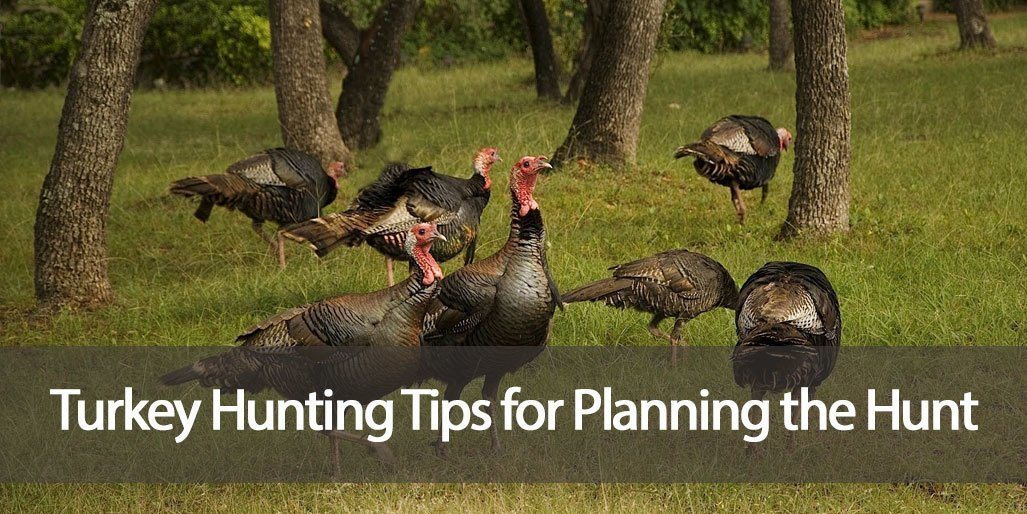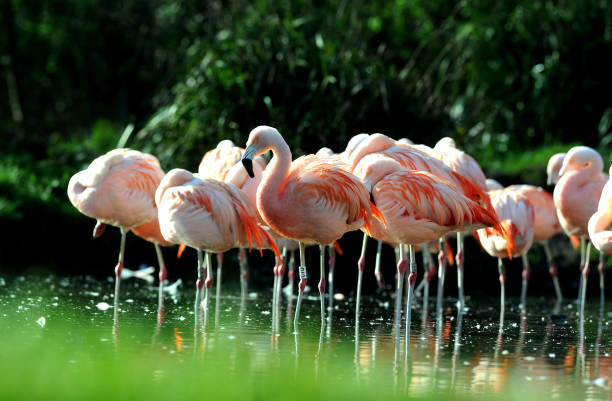 In order to be a successful turkey hunter, you must first be a turkey scouting. Setting up in the right location is crucial to the success of the turkey hunter. Knowing the area the turkey’s travel will assist you in knowing where to set up. Strutting zones, watering and feeding spots are the turkey comfort zones. Set up near a comfort zone will make your job a lot easier.
In order to be a successful turkey hunter, you must first be a turkey scouting. Setting up in the right location is crucial to the success of the turkey hunter. Knowing the area the turkey’s travel will assist you in knowing where to set up. Strutting zones, watering and feeding spots are the turkey comfort zones. Set up near a comfort zone will make your job a lot easier.
I’m constantly, year-round scoping out the countryside and woods every chance I get in order to determine the location and paths traveled by these birds. Keeping notes and track of the time of day you observe turkey sighting and movement will be very beneficial to your success.
It’s a good idea to scout a few weeks prior to the beginning of turkey season for areas where turkey numbers are good. Turkeys will be in different areas in the spring as compared to the fall or winter months. The reason for this is food sources and nesting locations.
The winter months will find the turkeys in areas where they can find acorns winter farm crops as opposed to spring where the turkeys will be foraging for insects and green crops of food.
Finding a good setup location is determined by proper scouting areas where the birds are roosting, strutting, dusting and scratching. It is imperative not to disturb the birds in your scouting efforts. After all, you don’t want the birds leaving the areas you’ve scouted for hard for.
Look for roosting locations in tall trees with good branches. Turkeys will roost near their water source and will have a strutting zone just a short fly down away from the roost. Also when turkey scouting keeps your eye peeled ffor dusting areas on the ground. Look for areas where the birds have scratched out somewhat of a bowl. Look for tracks and loose feathers. The turkeys are relaxed and feel safe in these areas because they spend much time dusting to rid themselves of lice, ticks, and mites.
One of the most important scouting assets you possess is your hearing. When turkey scouting pays keen attention to any yelps or gobbles you may hear. Good Scouting!



